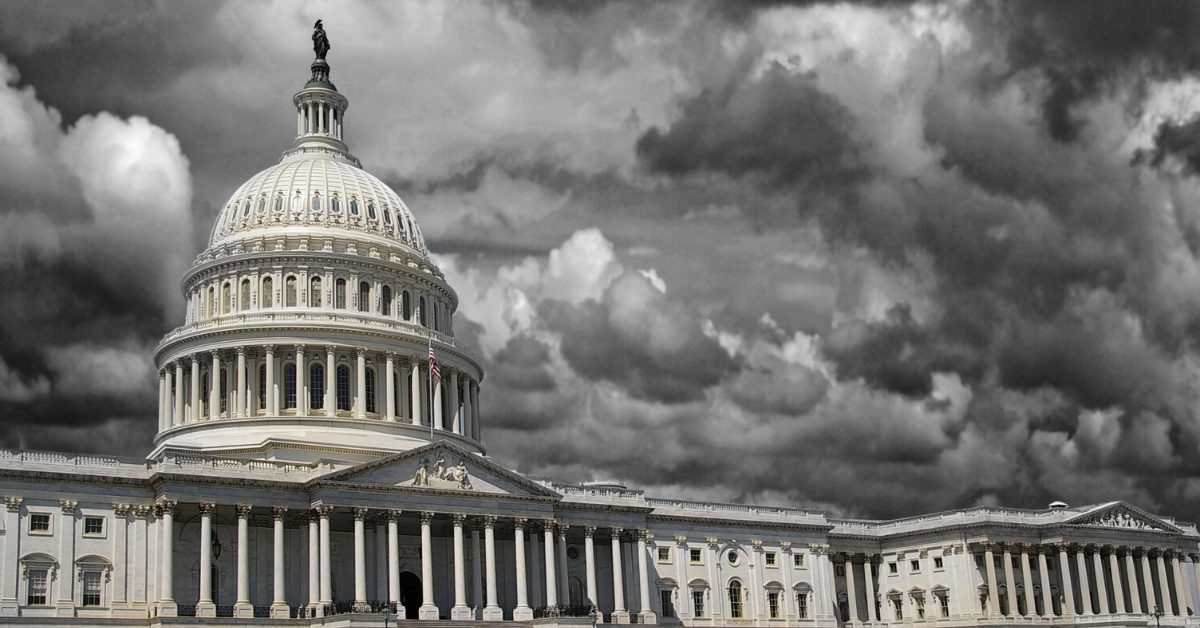Trump Nominee’s Push to Halt Monthly Jobs Report Sparks White House Debate

White House Faces Tough Questions After Trump Nominee Suggests Halting Monthly Jobs Report
The White House press briefing room turned tense on Tuesday after Press Secretary Karoline Leavitt was pressed about comments from President Donald Trump’s nominee to lead the Bureau of Labor Statistics (BLS), who suggested suspending the agency’s monthly jobs report — a practice that has been in place for decades.
Economist E.J. Antoni, a fellow at the conservative Heritage Foundation and Trump’s pick for the top BLS position, has questioned the reliability of the monthly jobs data. In a recent interview, Antoni argued that the figures are often overstated and too inconsistent to be fully trusted. He proposed temporarily halting the monthly reports and relying instead on the agency’s quarterly data, which he claims is more accurate, though less timely.
Antoni’s suggestion comes at a time when the accuracy of BLS reports is under increased scrutiny. Earlier this month, Trump dismissed BLS Commissioner Erika McEntarfer after revised job numbers showed hiring had slowed more than initially reported in May, June, and July. Trump accused McEntarfer of politically motivated data manipulation, describing the updated figures as “rigged” to damage his administration’s image.
When questioned about whether Americans should also be skeptical of inflation data — which is also released by the BLS — Leavitt defended the need for trustworthy economic indicators. She acknowledged that jobs data had undergone “massive revisions” and emphasized that President Trump was committed to ensuring all BLS statistics, from inflation to employment, are “accurate and honest.”
The most recent BLS report showed that consumer prices in July rose by 0.2%, keeping the annual inflation rate at 2.7%. However, it was the jobs data revisions that drew the most attention. The July employment report showed the greatest two-month decline since 1968, fueling dispute over data collection and reporting.
The BLS collects employment data via voluntary household and business surveys. Initial reports are provided rapidly to offer updates, but when answers come in, revisions are typical. This system, in place since 1915 under the Current Employment Statistics program, has always involved revisions — a fact many economists and analysts stress when discussing its credibility.
Still, social media lit up with criticism following Antoni’s remarks and Leavitt’s defense. Some accused the administration of misleading the public, while others applauded the idea of reforming the data process. “The jobs data is always revised — that’s literally the system,” one political commentator wrote, dismissing claims of dishonesty. Others were more skeptical, suggesting that suspending the monthly reports could hide unfavorable economic news.
When asked directly if halting the monthly release was seriously being considered, Leavitt reiterated Antoni’s position. “He floated the idea of possibly suspending until they can get the data and methodology in order. This president wants to ensure that the BLS is producing information the American people can trust,” she said.
There is a bigger political and economic fight going on behind the question of whether the monthly jobs report should continue. People who support suspension say it could stop false information from spreading because of bad original estimates. Others say that this could make things less clear and harder for businesses, lawmakers, and the public to see how the economy is doing right now.
The proposal has not yet been officially accepted because Antoni has not yet been nominated. But the controversy has already put the spotlight on how economic data is compiled — and whether Americans can trust the numbers they’ve relied on for over a century.




